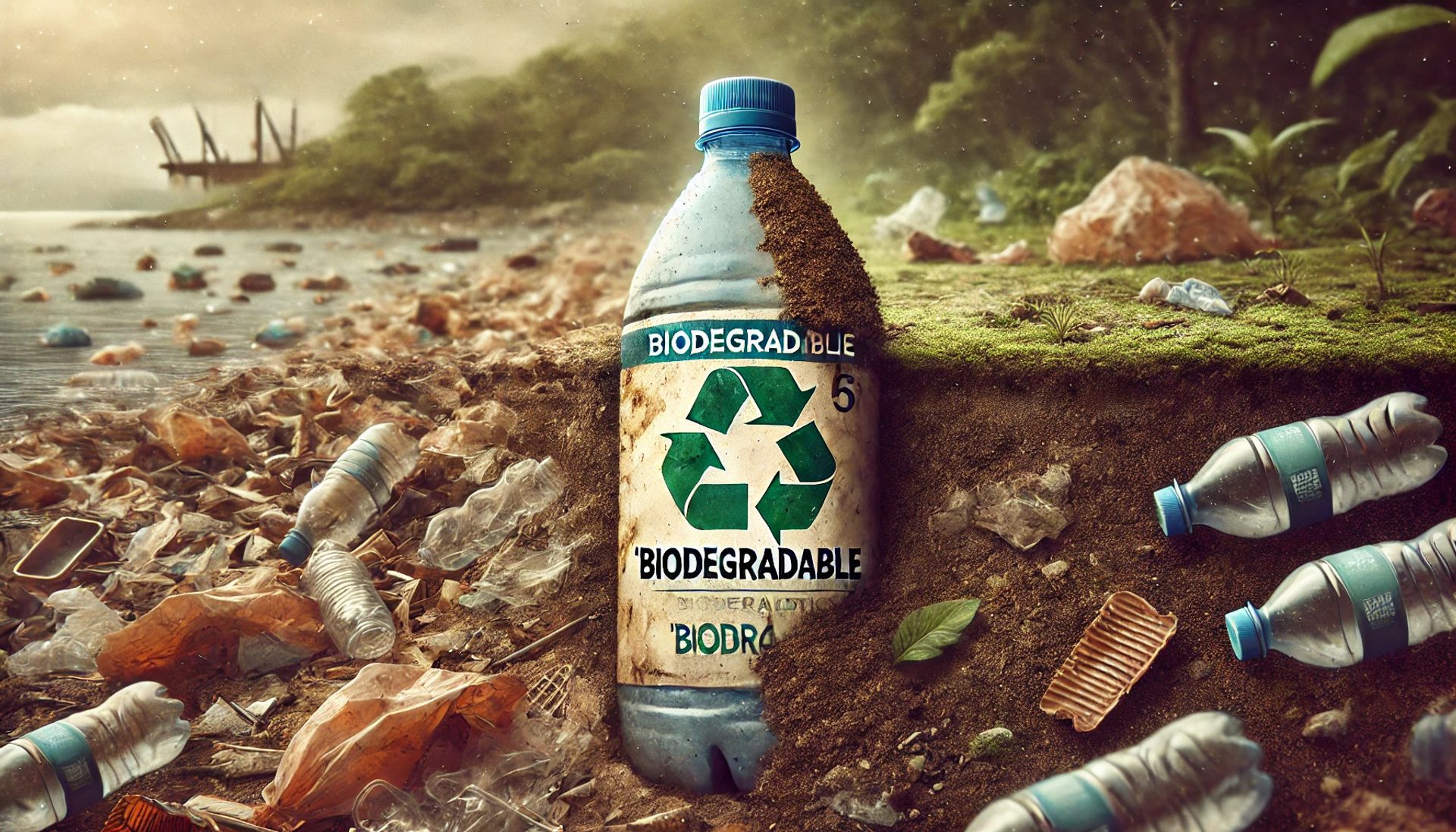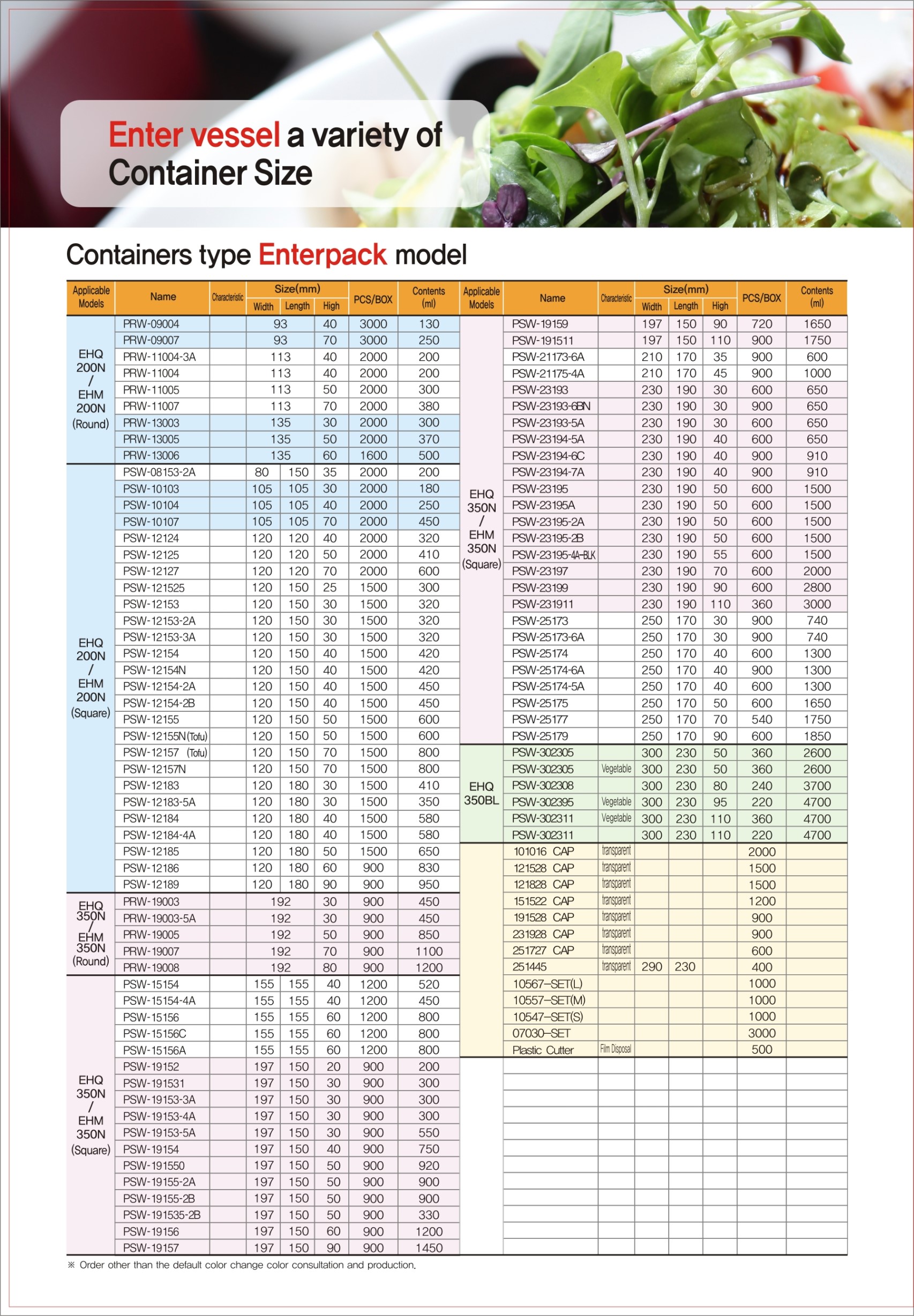Biodegradable plastics are still plastics – they are intended for short-lived use and often stay in the environment for a very long time before they actually degrade. After years of raising awareness about this simple truth, we managed to convince the European Commission to finally say it: producing plastics with biodegradability properties is not a solution to littering.

Single-use alternatives labelled as ‘compostable’, ‘biodegradable’ or ‘bio-based’ are more and more popular. This creates confusion not only among consumers, but among lawmakers and NGOs too. Bans on single-use plastic are being introduced across the world, but their results will be watered down if ‘bio’ plastics are granted inappropriate exemptions.
This is why back in 2019 we were particularly relieved to see that the European Single Use Plastics Directive explicitly covered ‘bio-based and biodegradable plastics regardless of whether they are derived from biomass or are intended to biodegrade over time’, a tangible sign that our advocacy efforts brought results.
Plastic Myth-busters
‘Compostable’ plastics do not vanish into the environment. They require specific conditions to biodegrade in industrial composting plants (such as defined temperature, microorganisms, oxygen, moisture and time). In natural conditions, the plastics may biodegrade slowly or not at all, or fragment into microplastics. In fact, the only effective way to tackle the pressure plastics pose on the oceans is reducing their use, boosting reuse and – as a last resort – recycling them.
We have raised awareness about many false assumptions surrounding biodegradable plastics. In countless webinars, events and in meetings with policymakers, we have explained how ‘plastic biodegradability’ really works, why the technical standards behind need to be improved, and why the only effective way to tackle the pressure plastics pose on the environment is reducing their use.
In our myth-busting quest, we have produced position papers, factsheets and infographics, often teaming up with prominent international non-profit partners in the Rethink Plastic alliance.
Standards for truly biodegradable plastics
There exists a wide array of standards specifying the conditions for plastic to biodegrade. They are used, for example, to determine the compostability of plastics, assess chemical characteristics and ecotoxicity, and degradation in industrial composting or home composting conditions. However, they still present considerable shortcomings, which, in turn, have a great environmental impact: if the method describing how a plastic product behaves in the composting bin is imperfect or does not reflect real-life conditions, the product is simply not truly compostable.
For years, we have worked to make these standards more robust, for example, to avoid confusion between ‘home composting’ and ‘industrial composting’ conditions – or to ensure lab tests are performed under realistic conditions. We managed to introduce more restrictive requirements in a number of standards for ‘biodegradable’ and ‘compostable’ plastics, for instance to minimise the presence of non-biodegradable constituents (such as additives).
While standards are important, restrictions placed by public authorities on plastic use are crucial. The fact that both the Plastics Strategy and the SUP Directive treat biodegradable products as regular plastic, is indeed very encouraging. But the job is nowhere near done: in 2019, the European Chemicals Agency (ECHA) published new rules limiting the use of single-use plastics, but they granted too wide exemptions to so-called ‘biodegradable’ plastics. As a response, we launched an action to tell ECHA that their biodegradation criteria were not sufficient. Following our calls, the ECHA restriction for biodegradable plastics were improved in 2020.
The best type of plastic? The one that is not produced
Improving test methods, rules and standards for ‘biodegradable’ and ‘compostable’ plastics is essential, and an important part of our work. But the only solution to fight the plastic crisis is to cut its production. Policymakers must promote long-lasting products and pave the way to eliminating lightweight and short-lived plastic products – which inevitably end up piling up in our oceans and in the environment as microplastics. ECOS will be there to make sure this message is heard, and that consumers are not misled into believing otherwise by false green claims on plastic products.













Sorry, the comment form is closed at this time.